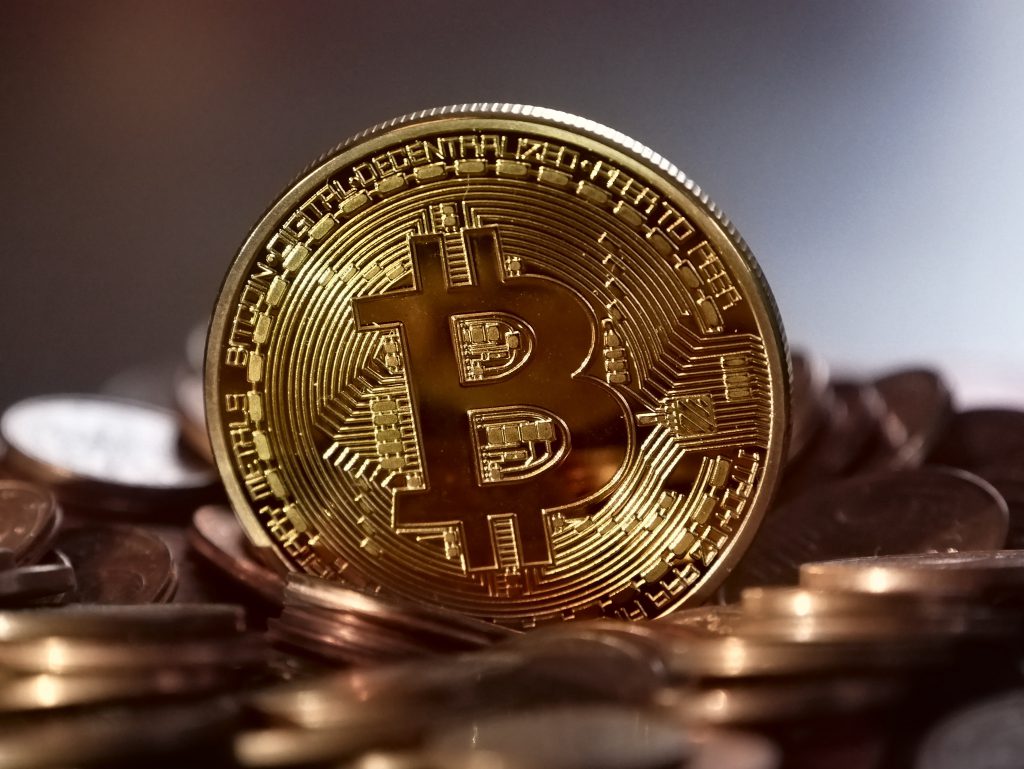Bitcoin trading is illegal in Saudi Arabia: A governmental committee comprised of Saudi Arabian regulators has issued a statement, according to which the standing committee warned against trading in cryptocurrencies due to negative consequences and high risks on traders as they are out of government supervision, but there is no indication of possible consequences for parties found to be trading in cryptocurrencies.
Americans are the main targets for crypto hackers, new study reveals: A Russian based computer forensics and information security firm, revealed that in 2017, the number of “compromised login data” increased by 369 percent in comparison to 2016, while in January 2018 alone, there were 212 leaks of login data, which represented an increase of 689 percent to the monthly average experienced in 2017. According to the study, the three major countries that are targeted the most by hackers are the United States, Russia, and China and one in every three victims were Americans.
Communist Party of China Releases Primer on Blockchain Technology: The book by China’s Communist Party provides a scientific description of key blockchain features, its origin, future application scenarios, as well as major challenges associated with the adoption of the new technology. The Chinese political party aims to assist government authorities in understanding the concept of distributed ledger technology (DLT) and consider the benefits and challenges of adopting blockchain on a national scale. Earlier yesterday, China’s Ministry of Industry and Information Technology (MIIT) listed a blockchain laboratory as one of the key labs for the year of 2018. The MIIT’s blockchain lab aims to improve data security and IT systems with the new DLT developments, and will operate under the oversight of the National Industrial Information Security Development Research Center.
FinCEN says it receives 1500 crypto complaints in a month: The Financial Crimes Enforcement Network (FinCEN) receives more than 1,500 reports every month from financial institutions regarding cryptocurrencies. FinCEN director Kenneth Blanco discussed the role his agency takes in regulating cryptocurrencies. He emphasized the importance of Suspicious Activity Report (SAR) filings – a type of document that financial institutions must file following a suspected incident of money laundering or a fraud.

